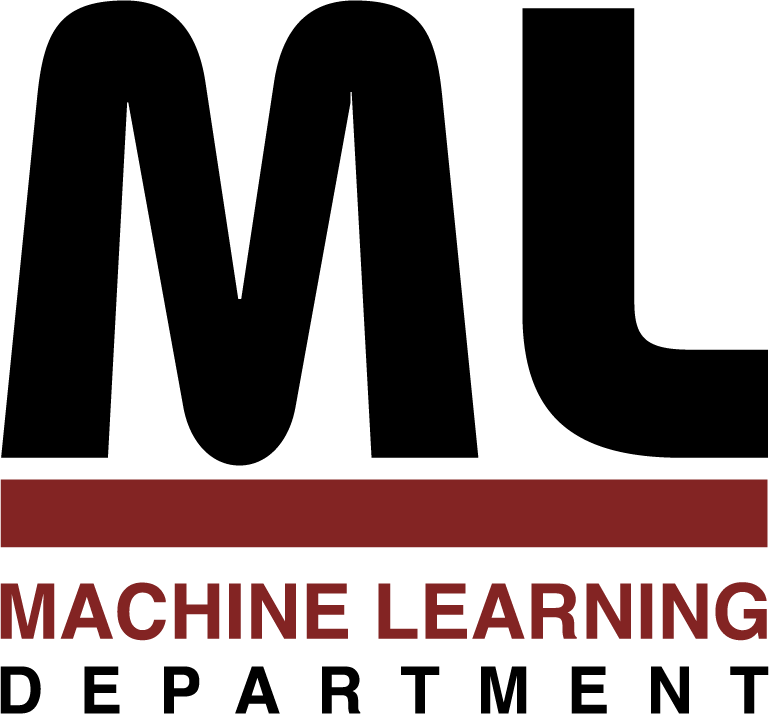
Machine Learning Department
School of Computer Science, Carnegie Mellon University
Selective Data Acquisition in Learning
and Decision Making Problems
Yining Wang
March 2019
Ph.D. Thesis
The main topic of this thesis is to study how selective data acquisition techniques can be applied in estimation, optimization and/or decision making problems. Three representative problems are studied, as we explain in more details below:
- Computationally tractable experimental design, which studies the classical
question of (optimal) experimental design in linear and generalized linear
models from a computational perspective. We design polynomial-time algorithms
with rigorous approximation guarantees in terms of optimality criteria,
and show an application to a 3D lightweight structure optimization problem.
- Sample-efficient query regimes for nonparametric optimization, which tries
to understand the most sample efficient regimes to make adaptive queries to a
nonparametric function for optimization purposes. We consider three different
settings of nonparametric optimization: smooth non-convex functions in low
dimensions, high-dimensional convex functions with sparsity structures, and
convex function sequences that evolve slowly over time.
- Dynamic assortment optimization, which studies the classical assortment optimization problem in revenue management from a dynamic perspective, by combining statistical estimation of customers' utility models and optimization of assortments based on estimated utilities into a unified theoretical framework.
We characterize through statistical minimaxity the fundamental information-theoretic limits of these problems as well as notions of optimality of our proposed methodologies. On the practical side, we demonstrate industrial engineering and/or operations management applications such as lightweight structural design, dynamic pricing and assortment planning.
221 pages
Roni Rosenfeld, Head, Machine Learning Department
Aarti Singh (Chair)
Sivaraman Balakrishnan
Larry Wasserman
Robert Nowak (University of Wisconsin at Madison)
Tom M. Mitchell, Interim Dean, School of Computer Science
School of Computer Science